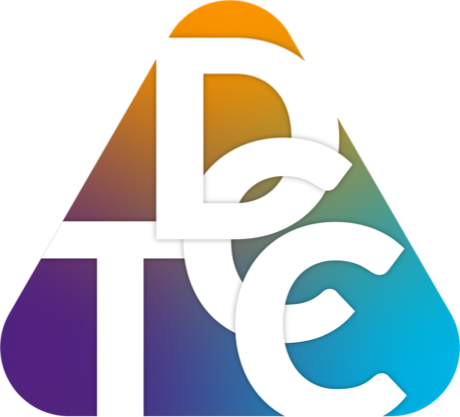TDCC-NES Bottleneck projects

These projects are intended to respond to one or more of key bottleneck areas, defined in TDCC-NES roadmap:
- Community building and establishing online presence
- Creating a Training Hub
- Facilitating long-term software preservation and sustainability
- Increasing interoperability and integrating tools and workflows for FAIR
There is a one-off sum of €950,000 per TDCC available to distribute through this funding strand. Bottleneck projects are small-scale, usually lasting up to 12 months. They are being developed through a collaborative process which began in Q2 2023 with a series of stakeholder conversations and community consultations. The community-led project development and review process will continue until all funding is allocated.
Two bottleneck projects have been granted funding so far, both addressing the bottleneck area Facilitating long-term software preservation and sustainability. To learn more about them visit the projects' pages below:
Currently, there are several ongoing project initiatives in other bottleneck areas in different stages of development. You can read more about them below. If you want to get involved or offer feedback, please contact TDCC-NES Community Coordinator.
Status: project proposal in draft phase
Modern research in the NES domain increasingly requires the practical ability of researchers to write and share code. In fact, the “need for improvement of computational reproducibility practices” is identified as one of the key challenges for the domain in the TDCC NES Roadmap. While there are plenty of free resources available to learn coding basics, it can be difficult to effectively implement these skills.
Organizers of local programming learning communities at TU Delft, Utrecht University, VU Amsterdam, and Leiden University have successfully created accessible and inclusive spaces to connect and support researchers. They regularly organize presentations and practical sessions on best coding practices with topics relevant to the NES disciplines. (e.g. Geospatial Data Analysis with R).
With support from TDCC-NES they plan to join forces to grow a national network of Programming Cafés using the CAFE (Code Along, Feel Empowered) method. A common platform would enable exchange of experiences and original resources (i.e. the CAFE Playbook) to facilitate the creation and sustainability of new Programming Cafés. This platform would aim to engage NES researchers across the Netherlands in community learning about coding.
Status: project proposal in draft phase
Data and Software Hub will be a training and knowledge exchange hub, focusing on data management and software within Natural and Engineering Sciences, with a hands-on approach to highlighting interoperability and FAIR workflows.
As a collaboration among multiple institutions and universities in the Netherlands, led by 4TU.Research Data, it will develop discipline-specific knowledge through structured workshops and training, as well as collect it and make it accessible through an online platform. The structure of the academy will encourage knowledge retention and foster long-lasting collaboration among researchers from different fields and universities.
The project envisions a pilot fellowship program as an agile start aimed at testing the training system and collecting feedback from participants regarding topics and disciplines. The pilot would consist of a series of workshops and collaborative activities focused on interoperability and reuse of data and software, targeting researchers and open to RDM specialists and research support staff.
Status: project proposal submitted, awaiting funding approval
In 2018, the Industrial Design department at Eindhoven University of Technology (TU/e) has implemented Data Foundry, a platform designed and developed by Dr. Mathias Funk. Data Foundry allows researchers and students to collect, store, process and export data from remote devices in real-time, whilst supporting qualitative data collection, participant management, scripting and data visualisation. Since its implementation, Data Foundry has been integrated in many design projects and courses, enabling new forms of design education that relies on contextual data collection, data modeling, and decentralized connected design artefacts. Data Foundry currently supports more than 1000 design projects with over 2000 datasets and 50 million data items.
The main goal of the ODeDaI project is to transition the Data Foundry platform to a sustainable open-source development platform and to allow for more customization in how institutions can collect design data. Other universities and institutions should be able to run Data Foundry per institution or as a joint infrastructure, while benefiting from structural compatibility, continuous development and shared practices.
In the lead for this project is TU/e, partnering with ITC (UTwente), TU Delft and SURF.
